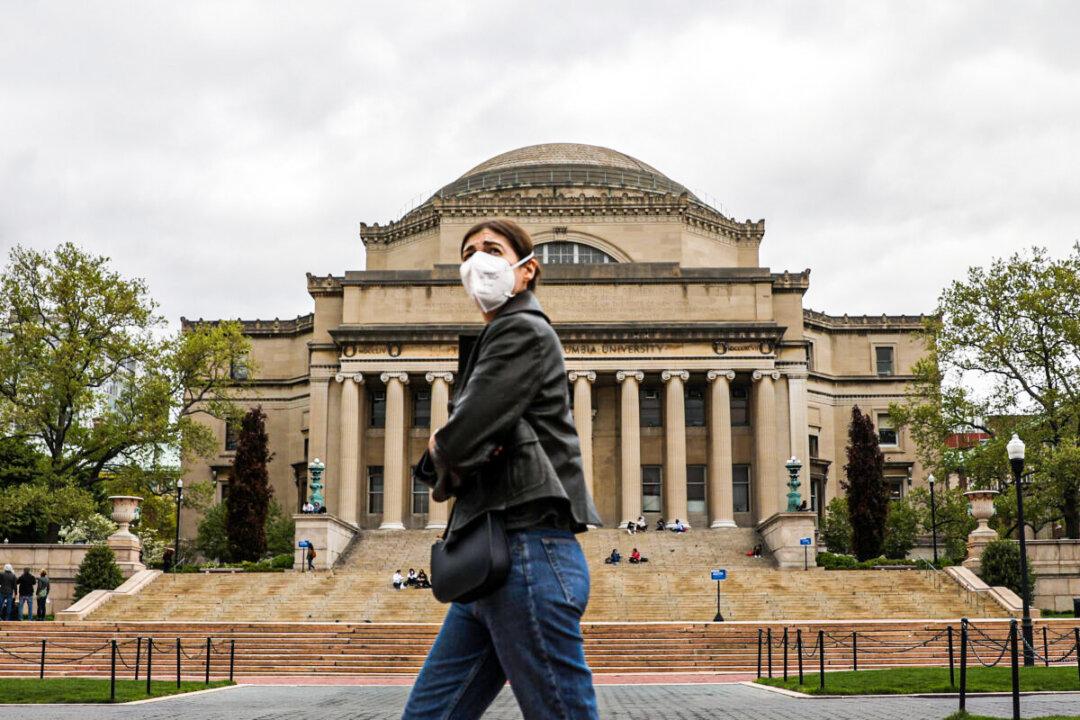Columbia University has agreed to pay a $12.5 million settlement with students who sued the Ivy League school for not offering a tuition refund when it moved classes online in March 2020.
Like many other U.S. colleges and universities, Columbia closed its New York City campus, moved students out of dorms, and shifted to remote instruction because of the CCP (Chinese Communist Party) virus pandemic. The university’s response has resulted in a class-action lawsuit, in which four students claimed that Columbia has breached contract for failing to deliver the on-campus learning experiences they paid for.





